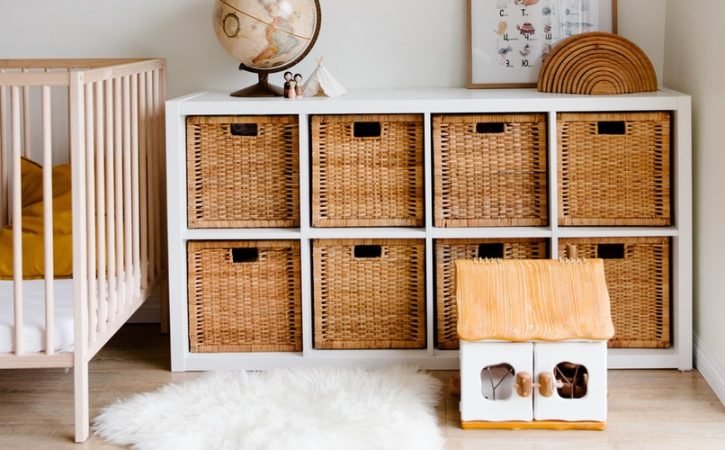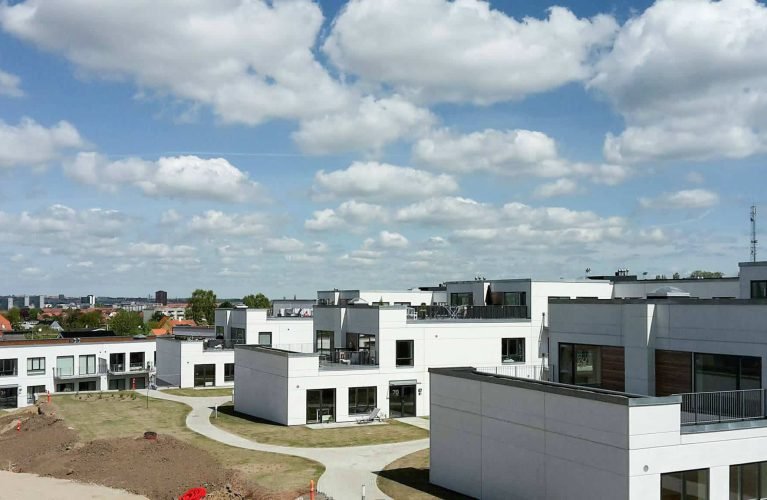
Adding Texture To Your Floors Adds Texture To Room
Texture is key in flooring as well. The Perspective 4 plank line of floors features bevelled edges along both the width and the length of planks.
(NC)—Home owners today want their interiors to be less complicated and easier to maintain — a style that goes a long way to reducing the stress of daily living. Simple is great, but it is hard to achieve! You don’t want to follow this style literally, or your decor will look skimpy, sparse and lacking in character.
A way to avoid boring is through the use of texture. Texture is one of the most important elements of interior design, and can be applied to every dimension of the room. In stucco, a simple beige wall goes from boring to interesting. A sofa or chair upholstered in softly brushed chenille becomes a personal haven.
Texture is key in flooring as well. And some of the most interesting environments can be created with a hard-surface floor.
Nothing warms a room more than a rich, natural hardwood. Its grain works well with any interior design, from traditional to modern. A natural surface like wood can make a contemporary setting look more “homey,” less commercial.
Laminates also add texture. This hard-wearing, no-nonsense flooring is a great choice for an active family. One of the newest members of the hard-surface family is cork. Its richly ”burled” grain adds wonderful character to any room.
All of these choices come as engineered prefinished planks and tiles that simply click together, using a unique joint called Uniclic. One of the leading providers of Uniclic flooring is TORLYS (www.torlys.com). This method is fast, provides an ultra-tight fit, and — amazingly — requires no special subfloor.
So if you are looking to simplify your decor, yet enhance the room’s personality, consider adding texture to your floor and not just your fabric and wall surface.









